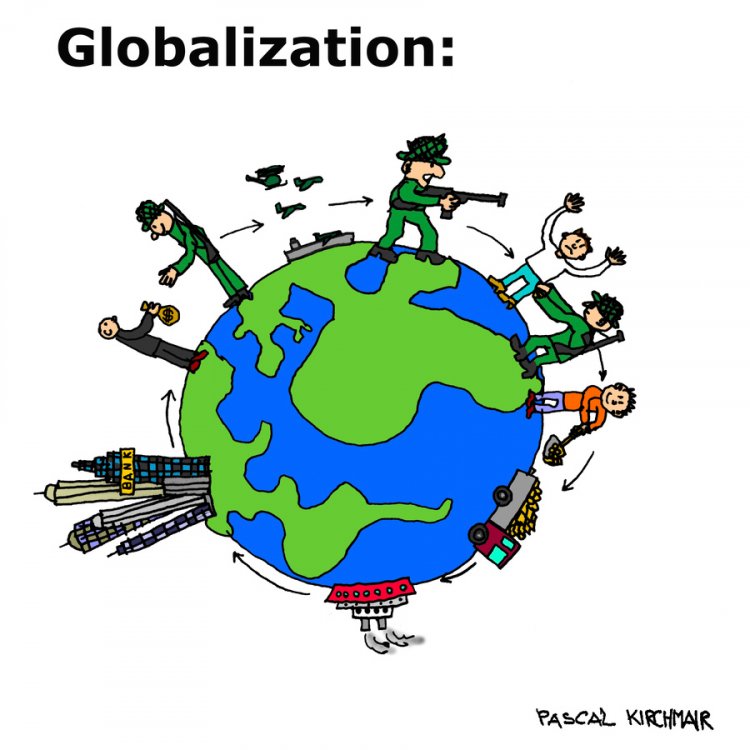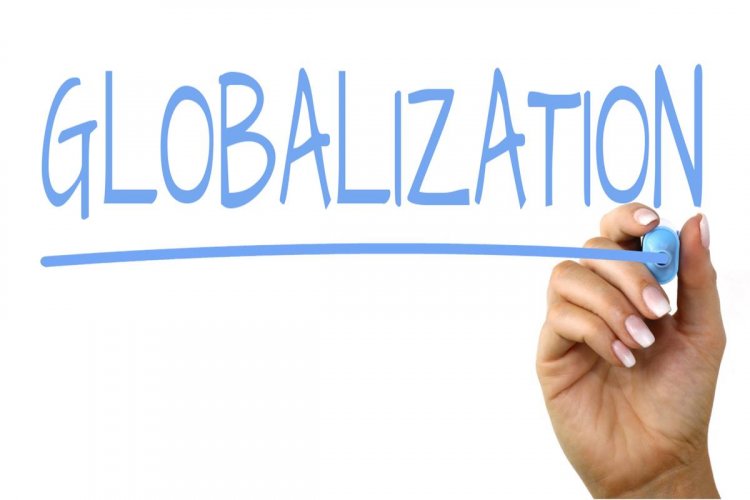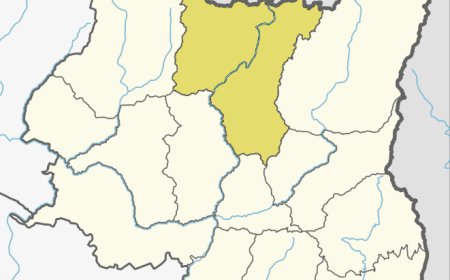Impact of Globalization on Nepal
Learn about the impact of globalization on Nepal and how it has affected its economy, society, and culture. Understand the opportunities and challenges of globalization and how Nepal is responding to them.
The word "globalization" refers to the increase in interconnectedness and interdependence of the world's economies, societies, and cultures. It is a process accelerated by technological, transportation, and communication improvements. It is the process by which one organization develops international influence or starts operating on an internal scale.
The concept of globalization can be traced back centuries, but the term itself was popularized in the 1990s. Nepal has pursued a globalization policy since joining the World Trade Organization in 2004.
Some of the positive impacts of globalization in the context of Nepal are listed below;
- Good relations with other countries: Globalization is very important to maintain good relationships with other countries around the world. When the countries enter into mutual trading, there will be an interaction between the people, which helps to maintain a good relationship with each other and exchange their ideas, cultures, knowledge, etc. with one another.
- Expansion of market: Globalization helps expand the markets of small countries like Nepal. It integrates the country with the rest of the world. Goods efficiently produced can be sold worldwide in an extensive international market. This will result in large-scale production.
- Technology transfer: Globalization has made it easier for Nepal to access new technologies and ideas from around the world. By adopting new technologies, Nepal can improve productivity, reduce costs, and increase competitiveness.
- Voice against global issues: Globalization has helped to raise voices against global issues by increasing connectivity, raising global awareness, enabling the formation of transnational advocacy networks, and facilitating the work of international organizations.
- Job opportunities: Globalization has increased job opportunities in capital-scarce, labor-rich, least-developed countries like Nepal and has contributed to the growth of the global economy.
- Access to various goods and services: Globalization has increased access to various goods and services available at a lower price in the country. People don't have to rely on one product or service, as they find various alternatives.
- Social-cultural transformation: Globalization has resulted in social and cultural transformation, as many countries have peacefully celebrated each other's cultures, religions, and traditions as a result of globalization.
- People's participation: Globalization has increased people's willingness to demonstrate and speak out against injustice, inequality, and corruption. It directly or indirectly impacts Nepal as well, as people here raise their voices against such activities to show participation.
- Quality product: Globalization can help to create quality products by providing access to technology, increasing competition, developing global standards and regulations, facilitating collaboration and partnerships, and enabling manufacturers to receive feedback from customers around the world.
- Collaboration and partnership: Globalization can facilitate collaboration and partnerships between manufacturers, suppliers, and customers from around the world. This can lead to the sharing of knowledge and expertise.
Some of the negative impacts of globalization are listed below:
- Erosion of national sovereignty and cultural homogenization: Globalization can lead to the erosion of national sovereignty and cultural homogenization by increasing economic interdependence, negotiating free trade agreements, creating powerful global corporations, spreading Western cultural values, and promoting standardization.
- Income inequality: Globalization can create income inequality in Nepal by creating a skewed distribution of benefits, increasing competition, concentrating wealth, undermining labor standards, and creating unequal access to education and training.
- Increased the gap between poor and rich countries: Globalization has increased the gap between poor and rich countries. As a result of multinational corporations' dominance, domestic businesses in least-developed countries such as Nepal have struggled to thrive.
- Brain drain Nepal has experienced a significant brain drain as skilled workers such as doctors and engineers relocate to other countries for better opportunities, resulting in a skilled labor shortage in the country.
- Political Influence: It is one of the negative impacts of globalization in Nepal. The major world power tends to intervene in internal affairs and influence the leaders of the respective nations to work for them and for their self-interest, which is not always in the favor of the citizen of these countries.
- Empowering multinational companies: It has another negative impact. For example, when multinational companies open up their businesses in the host country, they make sure to earn lots of profit, and after work is finished, profits usually go back to their home nations, leaving the host nations with nothing in their hands.
- Job displacement: globalization can create job displacement in Nepal by increasing competition from imports, leading to the relocation of production, adopting automation and technology, shifting demand from traditional industries, and expanding the informal sector.
There will always be positive and negative aspects to everything, depending on what part of the world you are in. People who support globalization will emphasize its benefits, whereas those who oppose it will emphasize its drawbacks. Therefore, it is important for countries to carefully manage the process of globalization to ensure that its benefits are maximized and its negative impacts are minimized. This can be achieved through effective policies and regulations that promote sustainable and inclusive economic growth and cultural exchange.
What's Your Reaction?










































































































